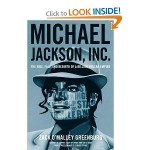
Michael Jackson, Inc, a book by Zack O’Malley, details Michael Jackson’s mindset when he was raking in billions from his music sales. The mindset is that of a visionary businessman who had the long-term future in mind. In the five years since his death, Michael Jackson’s estate has earned $700M (Rs. 4200 Cr).
Michael Jackson’s problem was one of having plenty of funds but not knowing where to invest. While his advisors suggested an investment in real estate, Michael was not happy with the idea. That is when he met Paul McCartney & Yoko Ono, who advised him to consider buying songs copyrights. Paul McCartney was himself investing his funds that way and had a treasure trove of song copyrights in his portfolio.
This was a business within Michael’s core competency. He understood songs well and knew what songs would click with the masses. He went on a song-buying spree. He would spend the weekends listening to hundreds of songs and by Monday morning he had a short-list of the songs that he wanted to buy.
In 1985, Michael Jackson had his eye on ATV, an unlisted company that owned the prized music publishing catalogue of the Beatles. Included were copyrights to most of the band’s biggest hits, including “Yesterday,” “Come Together,” “Hey Jude,” and hundreds of others.
ATV’s seller was Robert Holmes à Court, a hard-nosed Australian billionaire, with a reputation for being a tough negotiator. Michael made an opening bid for $30M which was promptly rejected by Robert Holmes. Michael also faced stiff competition from rival bidders like billionaire real estate developer Samuel LeFrak, Virgin Records founder Richard Branson and others.
After prolonged negotiations, Robert Holmes à Court demanded a whopping $47 million for the treasure house in ATV. While others in his think-tank dithered, Michael was clear-headed and focused – he wanted ATV. He bought it for $47.50M. To sweeten the deal, Michael also agreed to do a charity show in Perth for Robert Holmes à Court.
Today, that songs catalogue, after merger with Sony’s to form Sony/ATV, has more than two million songs by artists ranging from Eminem to Taylor Swift, making it the world’s largest music publishing company. Sony/ATV is today worth about $2 billion and contributes eight-figure dividends for his estate to this day.
Michael Jackson had no formal education. However, he had a businessman’s instinct for value. In the ATV deal, he went purely by his instincts that the Beatles’ songs copyright was invaluable, despite opposition from his advisors, and he triumphed.
Michael Jackson’s estate also did some brilliant deal-making after his death to keep his memories alive and rake in the big bucks. Knowing that there would be heavy demand for Michael’s songs, they cut a mega deal with Sony worth a quarter of a billion dollars for a ten-year record deal. This will ensure that Michael Jackson periodically comes into the spotlight, and brings in money.
There are also two “Cirque du Soleil” shows based on Michael’s work called “Immortal” and “One”. “Immortal” has already grossed over $300 million since its launch in 2011. “One” is expected to add as much as $30-40 million to the estate in the next few years. Also raking in money is an endorsement deal with Pepsi, a video game created by Ubisoft, and a concert film called “This Is It” which has grossed over $260 million worldwide.
The irony is that Michael Jackson could not enjoy these riches during his lifetime. Instead, he died deeply in debt and virtually in penury.
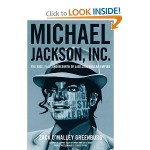
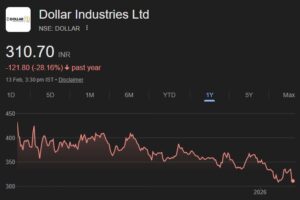

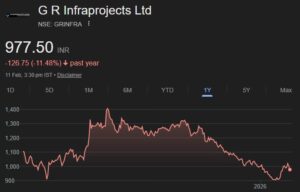
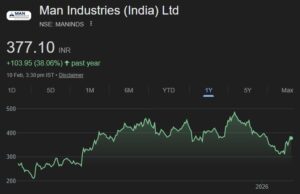


Posthumously rich.Its frightening to realize that even a great and wealthy singer artist like Michael.Jackson could be deeply in debt due to bad spending and investments while alive.Remember, his wealth trebled after his death and not while he was alive.